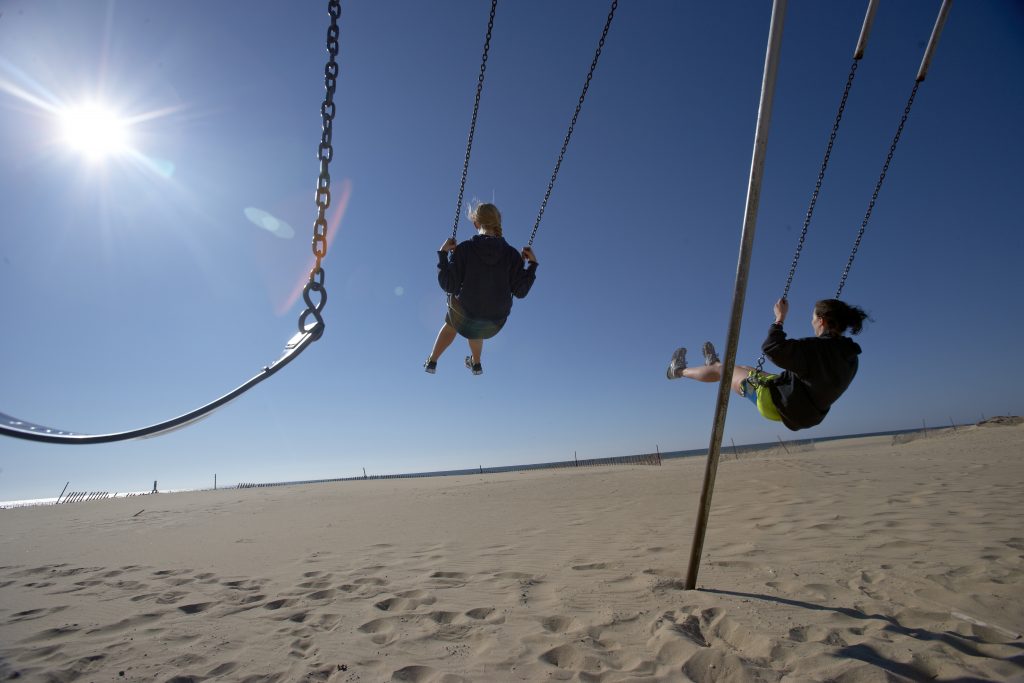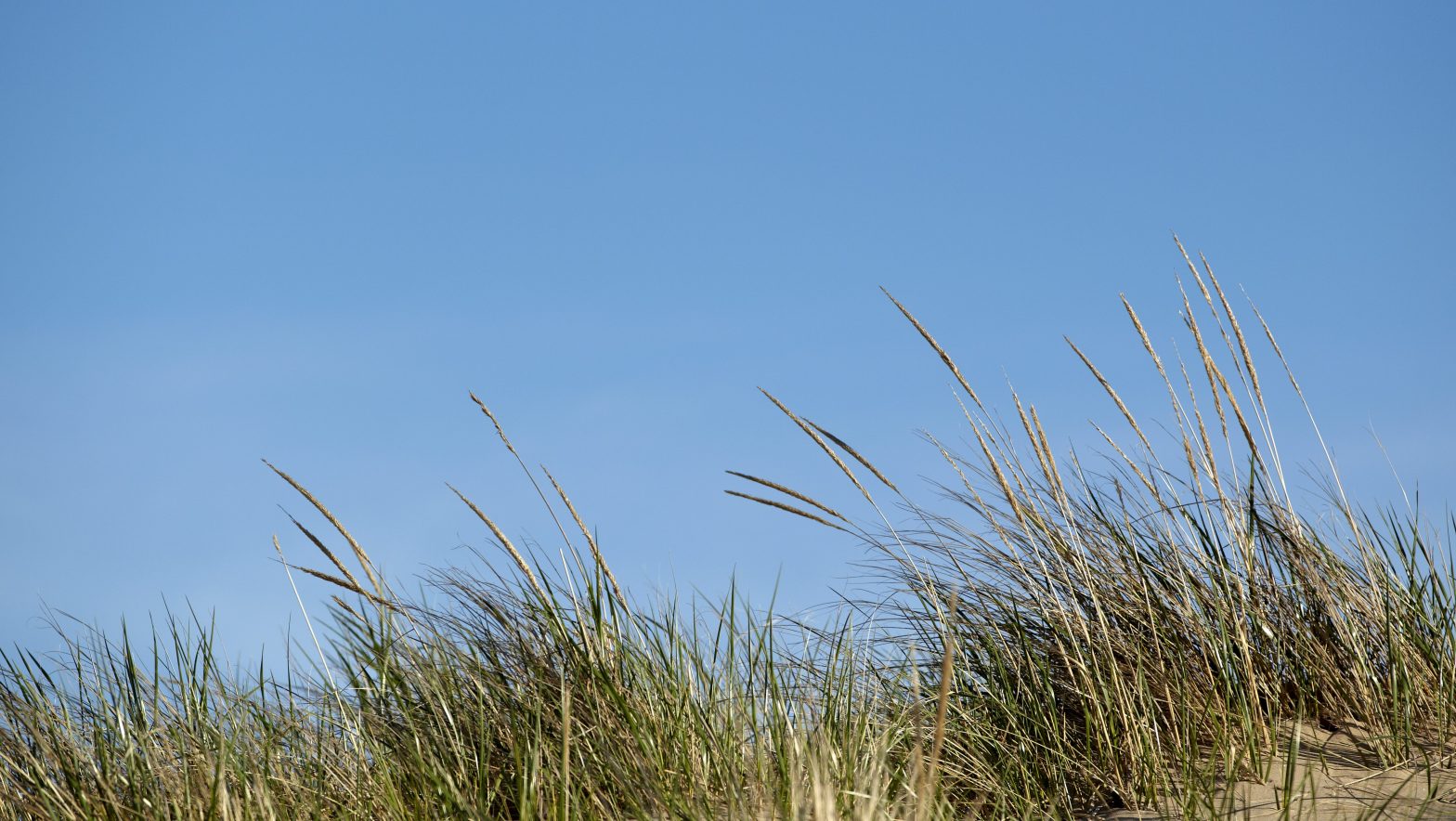by Dr. Kristen Gray, Licensed Psychologist, Associate Dean for Health and Counseling, Director of CAPS
It seems as though mindfulness meditation is mentioned in almost all recommendations for coping with COVID-19. But just exactly what is mindfulness meditation? Is it right for you? Are you willing to give it a try?
According to Jon Kabat-Zinn, the person who developed this form of meditation, mindfulness meditation is the awareness that arises through paying attention, on purpose, in the present moment, non-judgmentally. And, when we do this, we begin to experience a greater sense of calm and well-being.
mindfulness meditation is the awareness that arises through paying attention, on purpose, in the present moment, non-judgmentally
But what does that mean?

When we meditate, we train our brains to focus on something specific instead of wandering all over the place. We can choose to focus on the present moment or focus on a particular thought, feeling, or idea without getting distracted. As we develop our ability to keep our attention on what we choose, we experience a greater sense of calm.
One way to meditate is to use the felt sensation of the breath in the body, noticing where you feel the in-breath and where you feel the out-breath. It really is that simple to begin!
Try it out!
Sit in a relaxed (but alert – to avoid falling asleep) position, close your eyes and notice where you feel your breath. It might be in the chest or shoulders or belly, it might be in the throat or the nose. See if you can continue to follow this felt sensation of the breath for a few minutes. If you are flooded with thoughts and ideas and feelings when you first start doing this, no worries, that is a very common experience. Just begin again by focusing back on the breath.
Mindfulness meditation is just like any new skill that we learn. If we practice every day, give ourselves permission to not be super good at it, and practice with gentle humor and an open heart, then over time we get better and better at it. Think of it like doing push-ups: you need to try to do a few every day and over time you get stronger and are able to do more. Over time, we begin to see the benefits to our overall health.
If you are curious and want to learn more about mindfulness meditation,
- Consider reading The Mindful Christian: Cultivating a Life of Intentionality, Openness, and Faith by Dr. Irene Kraegel.
- Check out these fabulous YouTube clips! They are worth the 2-3 minutes each!
Mindfulness 101
Why Mindfulness is a Super Power
Ready to give Mindfulness Meditation a try?
CAPS offers a weekly mindfulness meditation group on campus during the academic year!
In the mean time, look into using an app such as
- Insight Timer
- Headspace (recently announced a special partnership with the State of Michigan)
- Calm
- Stop, Breathe and Think
- and many others…
just see what works for you. Please note: some have additional features if you set up an account or pay a small fee. YouTube also has lots of free guided meditations if that is helpful to you.
Mindfulness meditation doesn’t require any special clothes, equipment or awkward behaviors such as sitting funny or chanting, it just means taking time each day to sit and breathe in a focused and non-judgmental way. Beginning a mindfulness practice can help both now in the middle of a pandemic, and later as we hope to return to our more recognizable routines of academic and community life.
Looking for additional strategies to help with coping during these challenging times? Check out our other recent blog posts for additional coping skills:
- DISCUSSIONS WITH DASH (Coping Skills during the COVID-19 Response)
- Mind, Body and Spirit Wellness during COVID-19 (Guest Blog with Tim Koberna)
- Coping with the Anxiety of Living in a COVID-19 World? Try this! (Free workbook)
and watch for an upcoming post on Expressive Writing.


